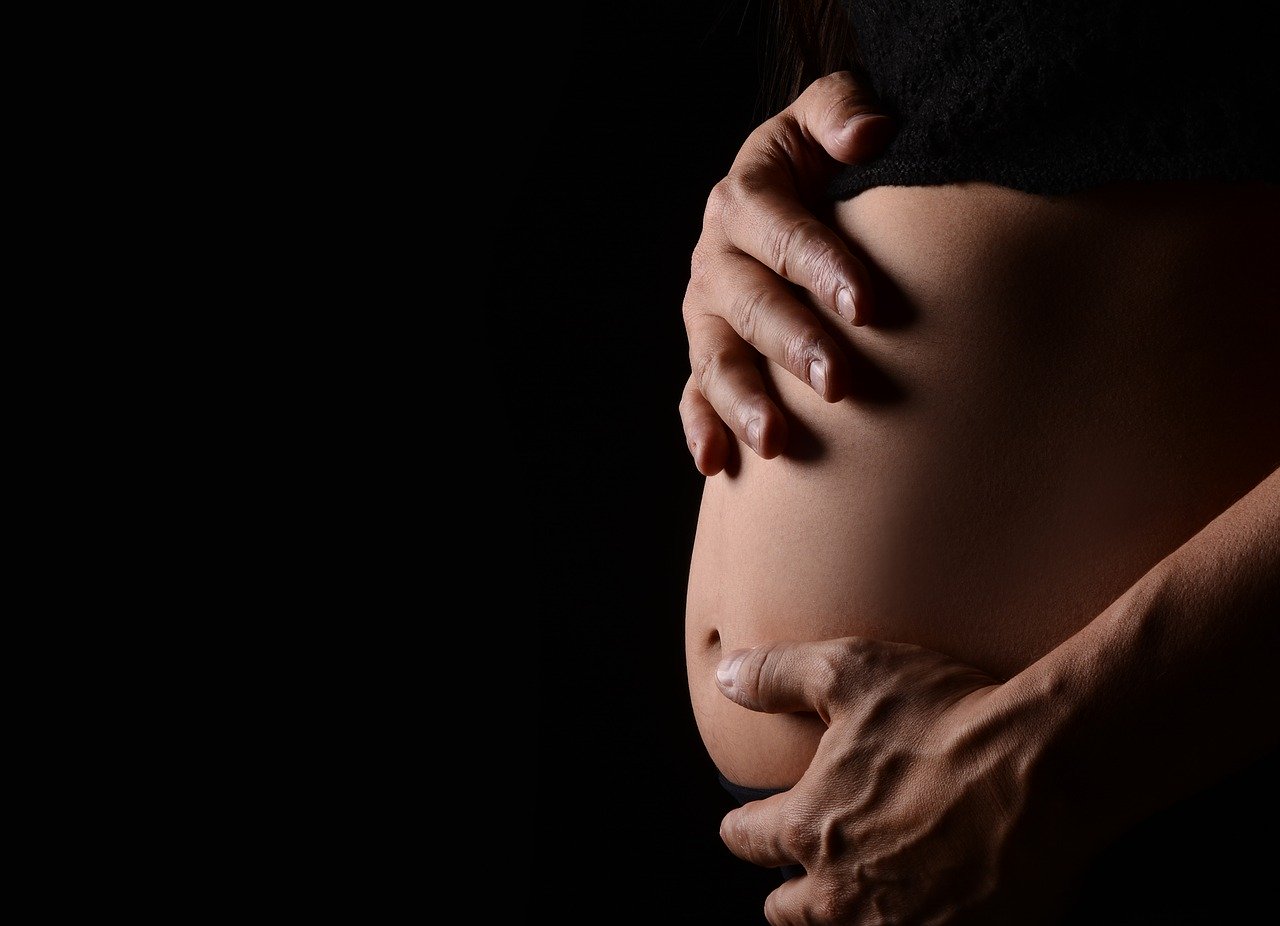In January 2020 researchers from China and Japan published the results of their study to assess whether bisphenol A exposure during pregnancy is associated with thyroid hormone levels in Chinese mothers and newborns. It is known that thyroid function is critical for foetal development but few studies have examined this topic and the results of studies that have been done have been inconsistent. A total of 555 pregnant women were involved in the study. Urine samples were collected in late pregnancy and the bisphenol A levels assessed. In addition free thyroxin, thyroid-stimulating hormone and thyroid peroxidase antibody levels in the third trimester were assessed, with different thyroid parameters in the umbilical cord of 398 babies also being assessed. Results showed that urinary bisphenol A was detected in 98.5% of pregnant women. An analysis revealed that the level of bisphenol A was associated with lower maternal TSH among women who were overweight. In fact it was seen that with each 10-fold increase in bisphenol A level, the TSH level reduced by 0.10 mIU/L. However, the bisphenol A level was not associated with other maternal thyroid parameters or cord thyroid parameters across maternal BMI categories. Further research looking at the effect of bisphenol A exposure in pregnant women and newborns is required.
Wang X et al. Maternal urinary bisphenol A concentration and thyroid hormone levels of Chinese mothers and newborns by maternal body mass index. Environ Sci Pollut Res Int. 2020 Jan 17. [Epub ahead of print]

